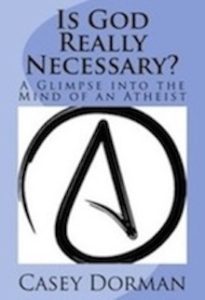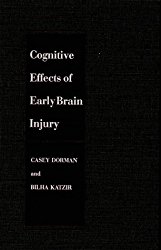Is God Really Necessary?
Avignon Press (2014)
Paperback and Kindle Editions
Can an atheist believe that life has meaning? Where do his values come from and are they different from those who believe in God or Spirit? Can he view all life as sacred and interconnected? If he doesn’t believe in God, is he free of guilt? These are among the questions addressed in this small book. Written by an atheist, Is God Really Necessary? shares the author’s progression from being a religious believer to being a nonbeliever. He outlines his materialist philosophy and its implications for topics such as belief in spirit, or development of a value system. The book is written in an informal personal style, but contains more formal arguments for the material point of view in the appendices.
Buy at Amazon
Atheistic Nonviolence

The foremost advocates of nonviolence, such as Ghandi and Martin Luther King, based their nonviolent postions on deeply held spiritual beliefs. In this essay, well-known atheist, Casey Dorman examines whether a nonviolent position requires an underlying spiritual belief and concludes that it does not. He further examines the practical, non-spiritual, arguments in favor of nonviolence and nonviolent resistance, even in the face of ruthless and tyrannical opponents. This essay, which is informative and readable, provides the philosophical basis for the author's ideas in his 2017 novel, "2020."
Fermentation
Avignon Press (2013)
Paperback and Kindle Editions
Short stories, poetry, observations; this slim volume has a little of everything, all focusing on the experience of getting older. Many of the selections are happy, some are sad, some romantic, and several are downright funny. A great book for anyone of any age who wants to be entertained.
Buy at Amazon
Cognitive Effects of Early Brain Injury
Johns Hopkins University Press (1994)
Hardbound
This text offers an overview of the effects of genetic, prenatal, and perinatal brain disorders on cognitive development and learning in children. Summarizing the available data as well as presenting previously unpublished research, the book aims to provide clinicians with practical information that will aid their diagnostic and therapeutic work with children who have sustained early brain injury. The chapters of the book address early neurologic development and pathology; genetic and congenital disorders that affect cognition; the influences on cognition of toxicants, infections and premature birth; the results of a follow-up study of prematurely born children; and the development of language and visuospatial abilities and learning disabilities after early brain injury. Throughout, the authors present the published literature within a critical framework that aims to allow readers to assess the methodology and draw their own conclusions. The book should interest research and clinical neuropsychologists, cognitive psychologists, psychiatrists and other neuroscientists.







